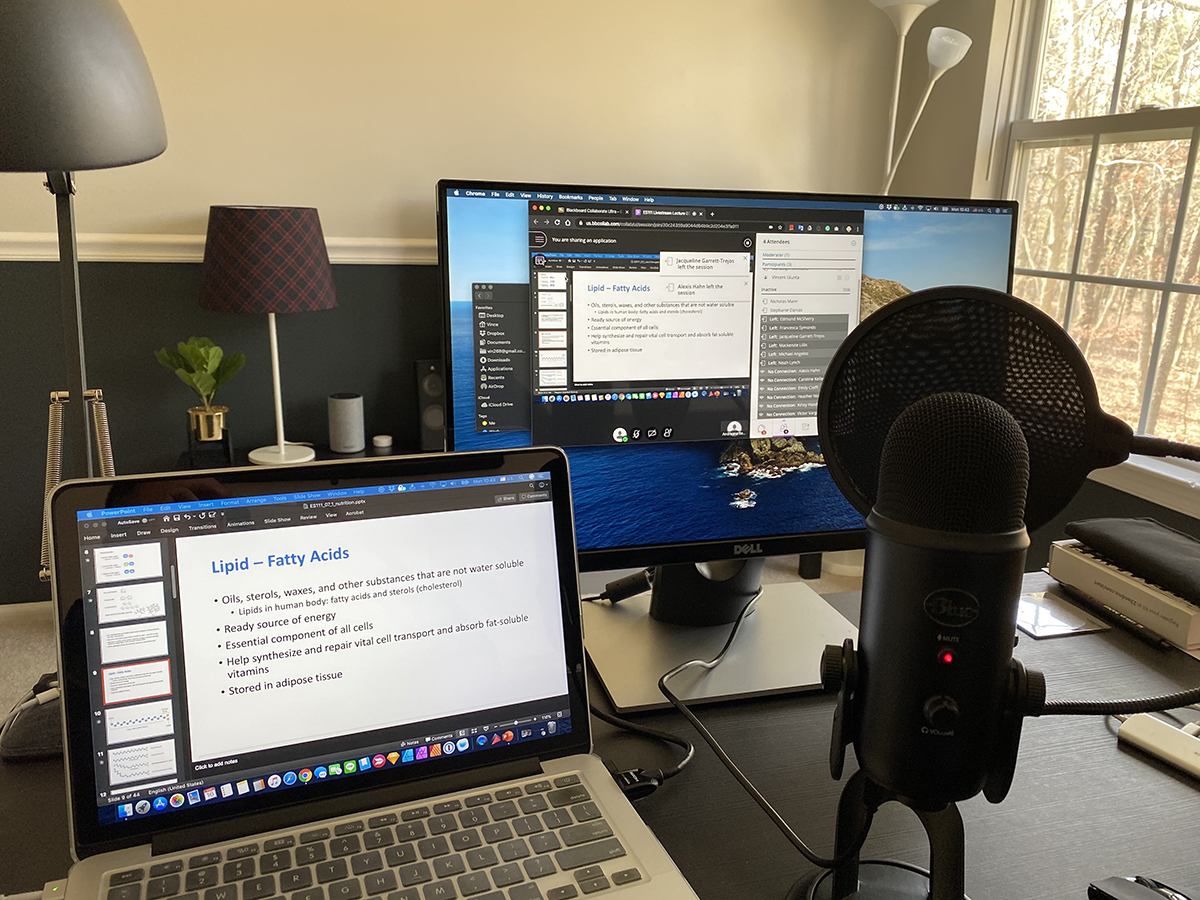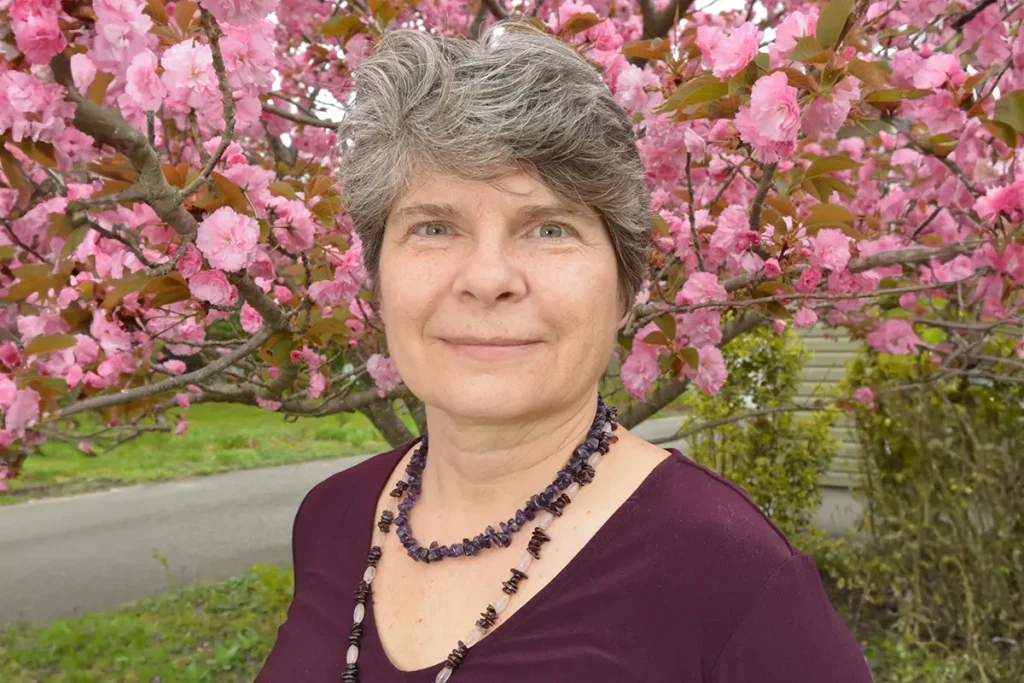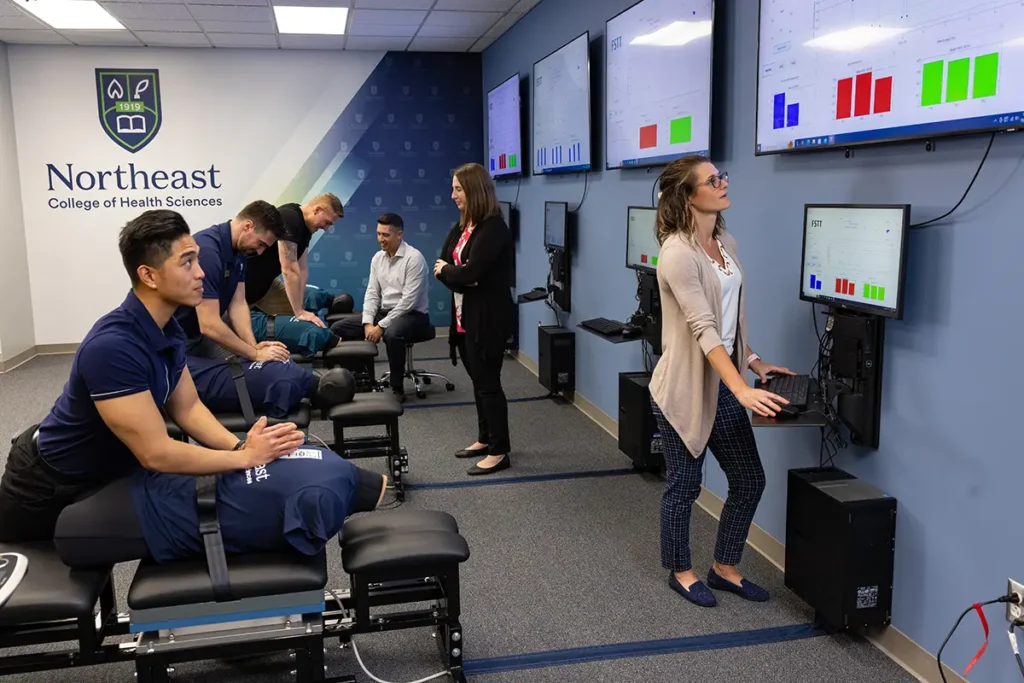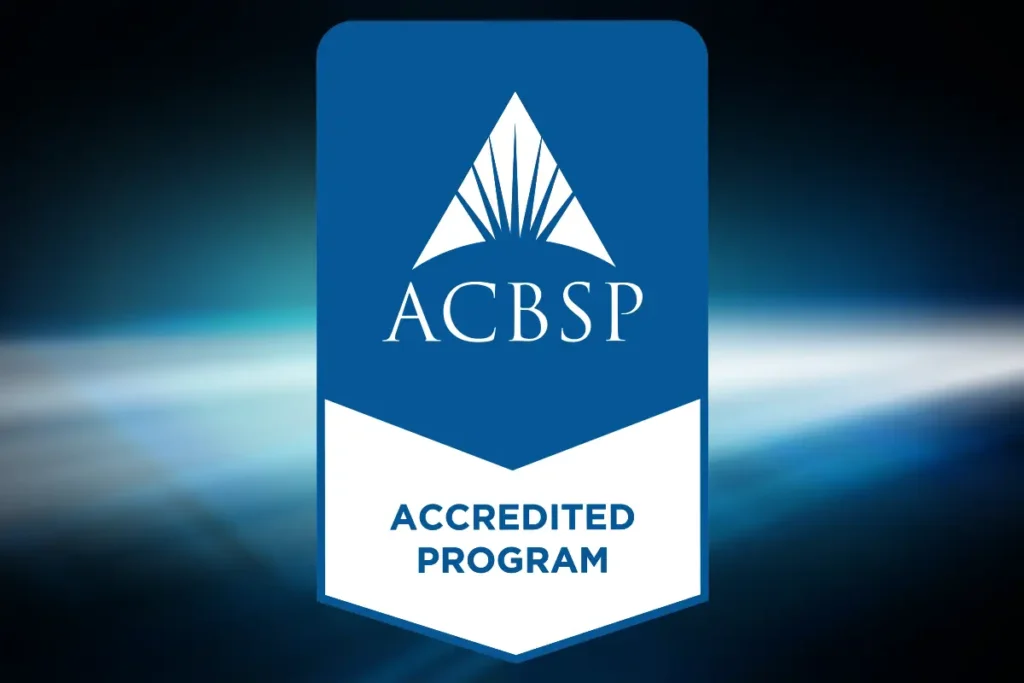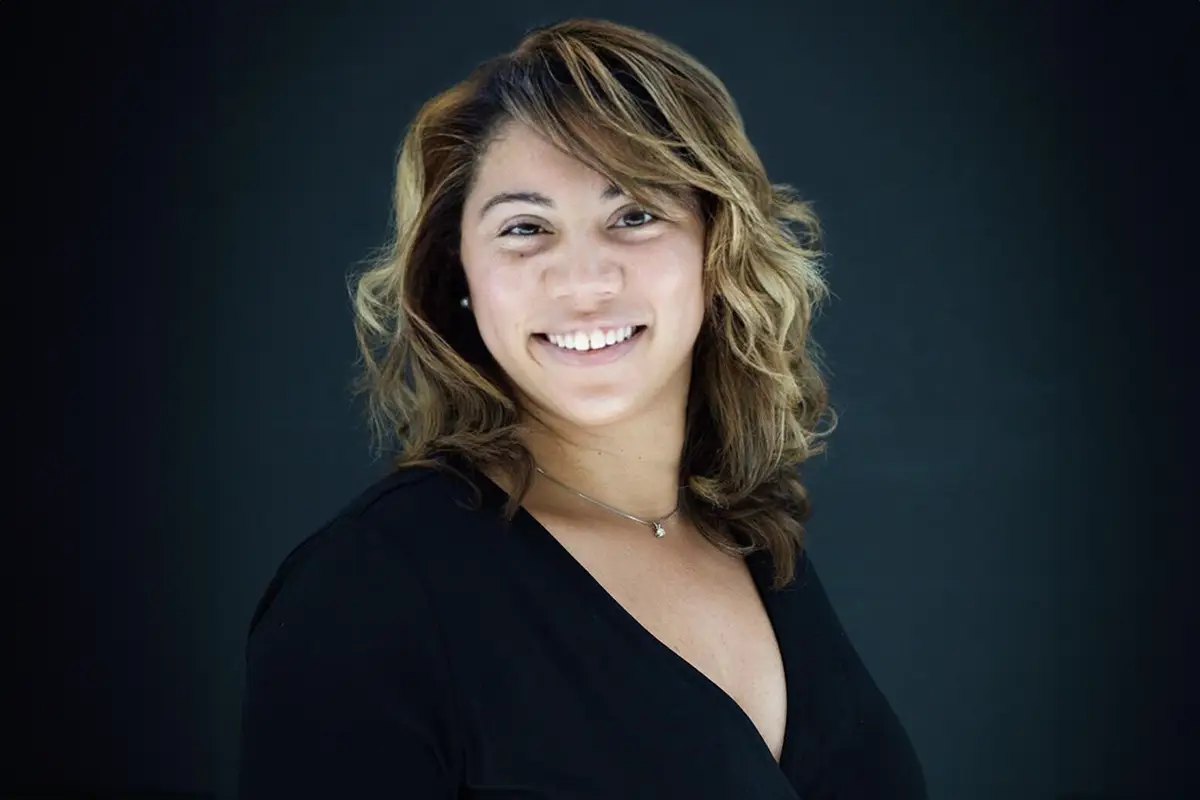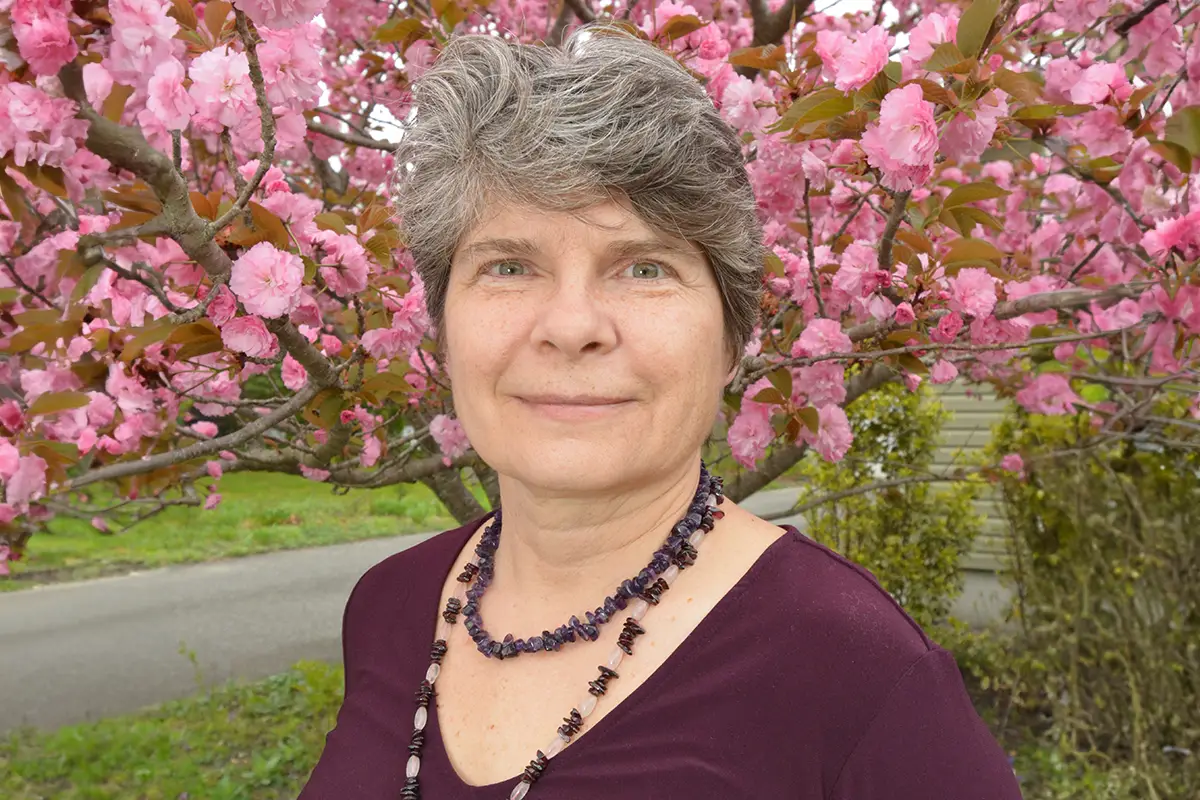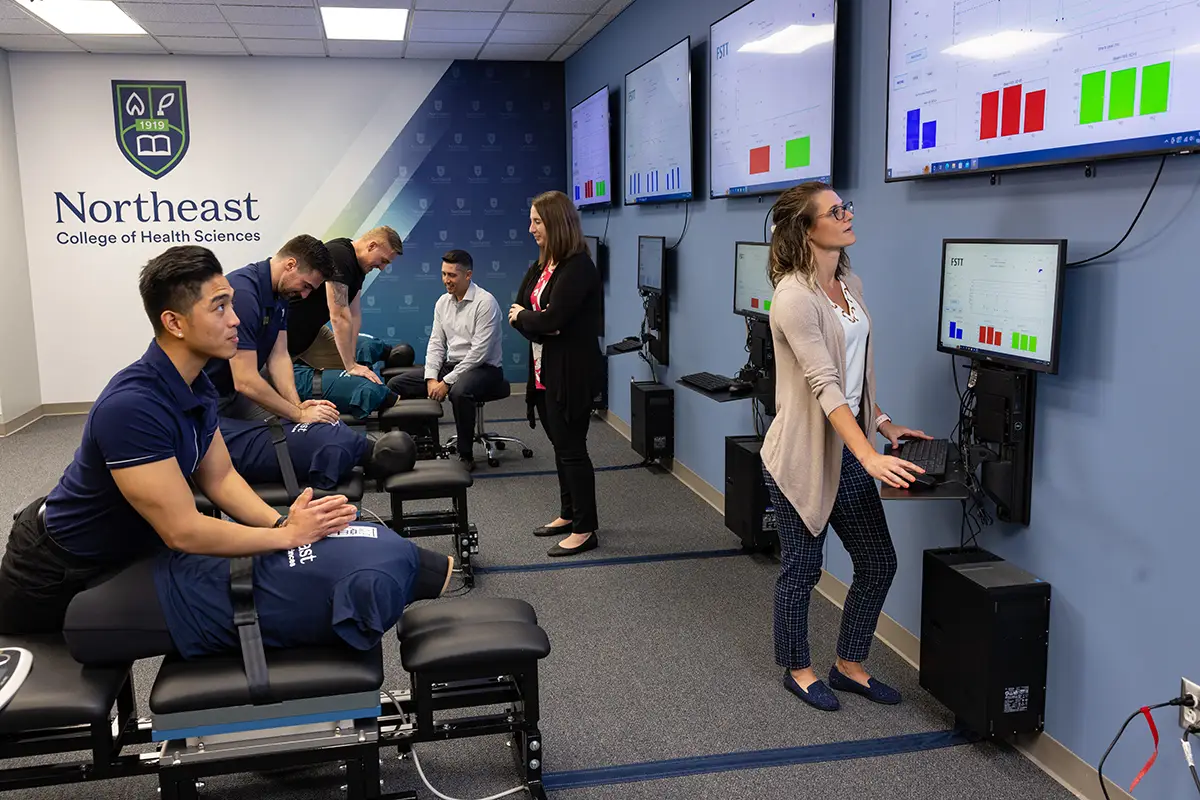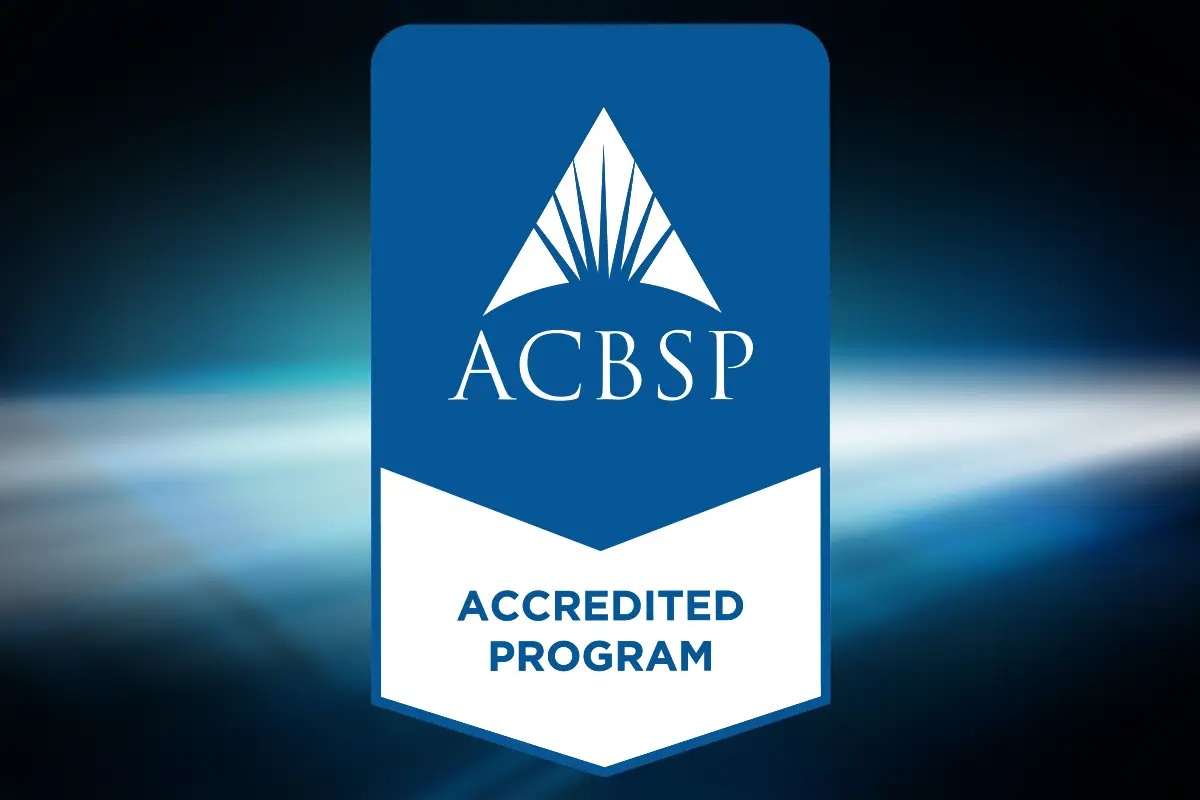This story is part of our ongoing From the Frontlines series. We hope you enjoy reading these stories during our time apart.
COVID-19 may have forced Georgian Court University instructors to adapt their teaching strategies to online learning platforms, but it did not hamper their commitment to educating and engaging students, according to Stephanie Rahill, Ph.D., NCSP, who directs the GCU Center for Teaching and Learning.
Dr. Rahill, an associate professor of psychology and counseling, is exploring the innovative ways faculty members connect with their students, as well as each other.
“Sharing tips and practices for effectively engaging students in the virtual environment with one another allows us to examine and improve upon our own course design,” says Dr. Rahill. “Professional development sessions and providing a place for faculty to share tips, resources, and best practices are just two ways the Center for Teaching and Learning is helping faculty prepare for virtual and in-person courses this fall.”
Making the Most of Technology
Vincent Chen, Ph.D., assistant professor of exercise science, maximized the features of Blackboard Collaborate Ultra, part of the online learning platform at GCU. The real-time video conferencing tool allows faculty to add files, share applications, and use a virtual whiteboard to interact with students.
“I held real-time, livestream lecture sessions at the designated class time and recorded all livestream lectures for students who liked to watch the lecture at their own time,” says Dr. Chen. “The livestream lecture sessions allowed me to interact with students in real time, and I was able to ask and answer questions to engage students.”

Elevating Class Time
Bonnie Ross Ed.D, RN, CNE, an associate professor in nursing, has more than a decade of online teaching experience, and was adept at using a “flipped classroom” approach.
Flipping the classroom, also known as inverting the classroom, introduces course materials prior to class instead of during in-person sessions Class time is repurposed for discussing, applying, and assessing the material.
“In nursing, there is an enormous amount of content to learn in each unit,” says Dr. Ross, who emphasizes the importance of reading before students come to class and being prepared to work on content during class. She often gives students review questions and pre-lecture quizzes. This helps them optimize the in-person time they have together.
Pandemic Shifts Learning
During the pandemic, Dr. Ross prerecorded and narrated lectures with PowerPoint. She worried less about covering all of the content during class. Then, she focused on case studies and practice questions for the second half of almost every class.
Her biggest “aha” moment wasrealizing how much the students wanted to be engaged and working together to learn and apply content.
Personal, Despite a Pandemic
Personal attention to students is one of GCU’s greatest strengths, according to previous university satisfaction surveys. Several faculty members made sure the sentiment wasn’t lost during the shift to remote learning.
For example, students taking Health and Weight Management got a peek into their professor’s kitchen.
Dr. Chen likens the tactic to embedding an “Easter egg” in the online learning experience. In technology circles, the term refers to something funny, cool, or unexpected that is programmed in a videogame or other user experience.
“When I was lecturing on nutrition in my ES340 Health and Weight Management class, I showed them what’s in my refrigerator,” says Dr. Chen. “Students liked to see these ‘Easter eggs’ and would feel like they were missing out if they skipped the lecture. In this way, I strategically encouraged students to participate in the livestream sessions or to watch the lecture videos later. These unexpected moves could also bring students’ attention back during a long online lecture session.”
At the height of the pandemic, Dr. Ross also took extra steps to make learning personal.
She began each live session by asking, “How are you doing?” She followed up with students who appeared distant, and often called them on the phone or met on Blackboard just to talk.
“We spent a few minutes of each class talking, sharing, and sometimes, just venting. I found that the students needed to feel heard and valued,” Dr. Ross recalls. “I also stayed after class for those who had specific questions or concerns.”
Another lesson learned from conducting classes during quarantine: online instruction doesn’t have to be distant.
“Personal connection is important,” says Dr. Chen. “I want my students to feel that I am around, and I care about them.”
Story by Kristen Fischer.

